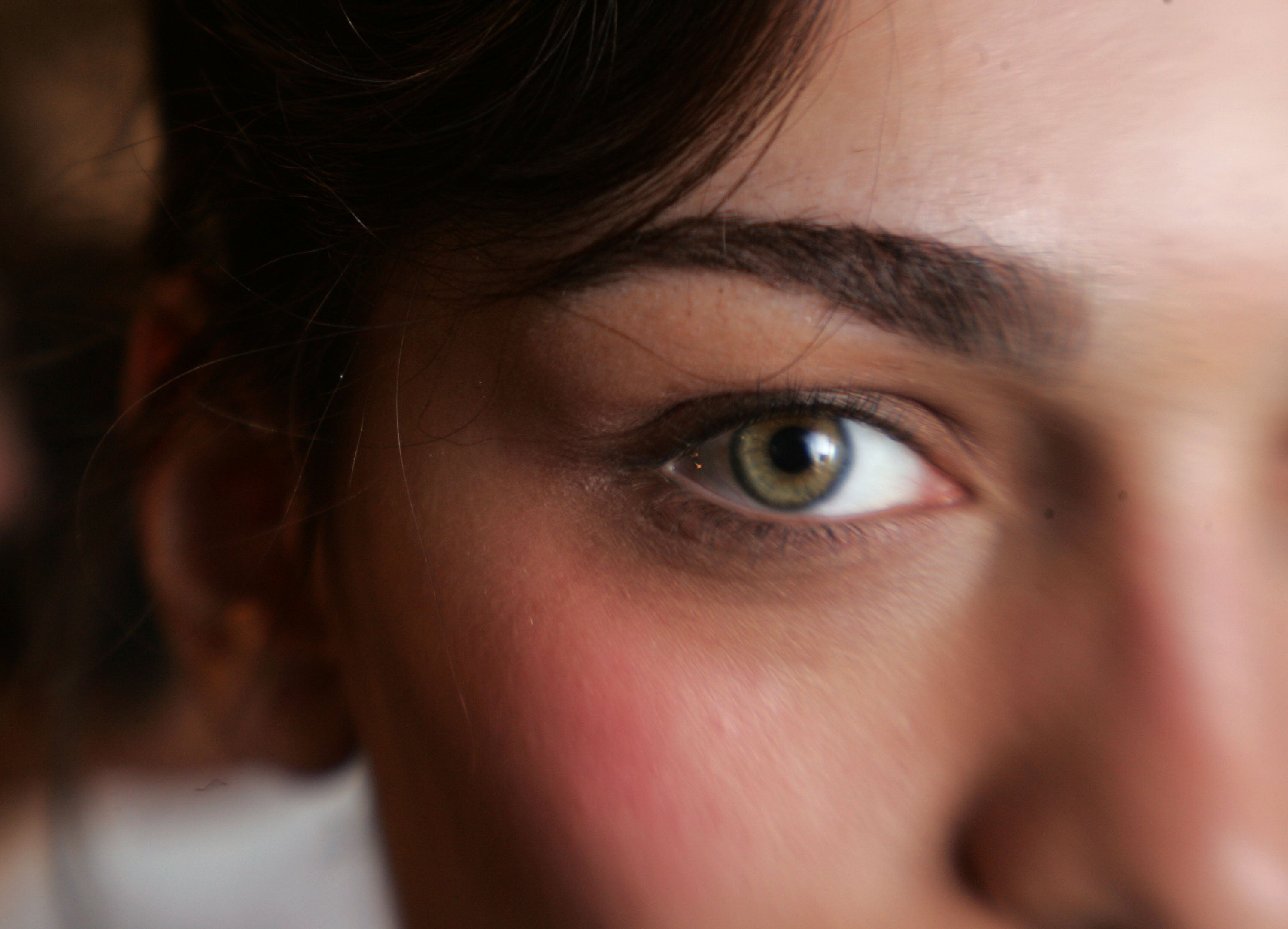The Independent's journalism is supported by our readers. When you purchase through links on our site, we may earn commission.
What is working from home doing to your eyes?
Improving light levels and taking regular screen breaks may help

Your support helps us to tell the story
From reproductive rights to climate change to Big Tech, The Independent is on the ground when the story is developing. Whether it's investigating the financials of Elon Musk's pro-Trump PAC or producing our latest documentary, 'The A Word', which shines a light on the American women fighting for reproductive rights, we know how important it is to parse out the facts from the messaging.
At such a critical moment in US history, we need reporters on the ground. Your donation allows us to keep sending journalists to speak to both sides of the story.
The Independent is trusted by Americans across the entire political spectrum. And unlike many other quality news outlets, we choose not to lock Americans out of our reporting and analysis with paywalls. We believe quality journalism should be available to everyone, paid for by those who can afford it.
Your support makes all the difference.It is thought millions of Britons could be at risk of doing long-term damage to their eyesight as the effects of working from home through the winter are felt.
Eye care experts have warned that as natural light dwindles in the daytime, adults will be putting excess strain on their eyes.
A poll of 2,000 adults who are working from home found one in three have eye strain complaints by the end of each day, despite a tenth having three or more lights blazing in their home office.
Several admitted the room they primarily reside in has “limited” natural light.
It also emerged a few are still undecided about whether to invest in specialist lamps, potentially at great cost.
Yannick Roth, optician and business developer for Europe at contact lens supplier VisionDirect.co.uk, said: “Poor lighting may do more than just harm your eye health, it can also result in headaches, lethargy, irritability, and in turn, impact your productivity and lower your morale.
“Various lighting effects given off by inadequate light sources like ‘glare’, which occurs when one part of the visual field is much brighter than the average brightness field, do not impair your sight but can lead to physical discomfort and tiredness.
"Veiling reflections’, another lighting effect and common problem, especially in home offices, can be described as when a window reflects light onto your computer screen, masking the information and similarly, causing visual fatigue.”
Another issue causing excess eye strain is the need to feel constantly connected at work. Most of those asked said they felt they always need to be available in case colleagues feel they are slacking.
As a result, 15 per cent never take a screen break, and overall, each day spend nearly eight hours directly gazing at either a computer monitor or their phone.
A few respondents would even go as far as to say their eyesight has noticeably worsened as a result of working from home.
In a bid to keep eyes healthy in dimly lit rooms people have actively tried to drink more water, set an evening curfew to stop looking at screens and used eye drops to keep moisture levels up.
Several of those polled also reported that the coronavirus pandemic has stopped them visiting the optician for a check-up in the last 12 months.
It’s not only eye health which has taken a blow during the last year, people also reported negative effects on their backs and their waistlines.
Some have “greatly reduced” their exercise levels, as bad weather and low light keep them indoors even during their leisure time.
To improve their surroundings people have filled their working space with plants, and some have even splashed out on a pricey office chair, says the OnePoll study.
Yannick Roth has compiled an online guide of twenty ways British workers can look after their eye health while working from home. She said: “With these findings in mind, it is clear that taking care of your eye health at home and beyond is essential.
“And, as many of us are now spending more time in front of our screens, it is crucial to start taking action and placate any negative lighting effects to protect our eyes, our bodies, and our mental wellbeing.
“Failure to do so can result in many of the above mentioned symptoms and ultimately, prevent you from working to the best of your abilities.
“Fortunately, simple changes to your daily habits like planning regular screen breaks, adjusting your desk and computer setup, and investing in good-quality, layered light sources can make all the difference."
SWNS



Join our commenting forum
Join thought-provoking conversations, follow other Independent readers and see their replies
Comments